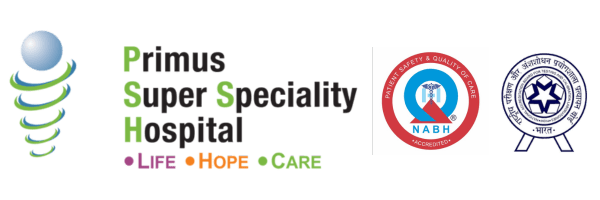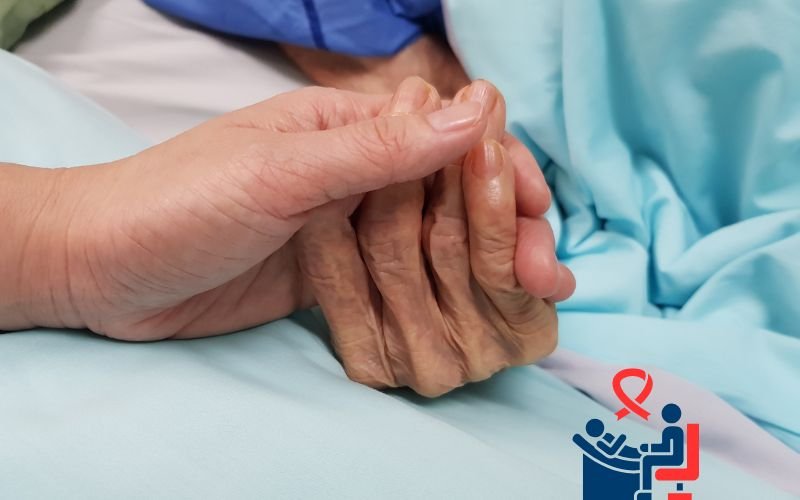Many people ask, what is palliative care. The answer is simple yet very important. Palliative care means special care for people facing serious illness. It does not focus only on cure it focuses on comfort, relief and quality of life. The word palliative meaning comes from the Latin “palliare,” which means “to cloak.” In simple terms palliative care covers and supports the patient in every way possible
This care is given by doctors, nurses and specialists who understand patient needs. Families also play an important role in this journey. It can be started at any stage of illness. It does not mean end of treatment. Instead, it goes along with normal medical care or palliative chemotherapy. Many people search for palliative care in Delhi when they want guidance. Today, we will explain the 5 stages of palliative care. Each stage has a clear purpose.
Stage One: Creating the Care Plan
The first stage is planning. In this stage, best doctors in Delhi talk with patients and families. They explain the illness, future risks, and treatment options. Together, they decide what the goals are. These goals may include pain relief, mobility, or emotional strength.
Planning also means checking financial needs, support systems, and cultural values. Families often ask about palliative care meaning in Hindi. In Hindi it means “आराम देने वाली चिकित्सा देखभाल.” This simple meaning helps people in India understand its purpose.
Doctors, Nurses, and caregivers then make a plan. This plan is flexible. It changes if the condition changes. This stage is about clarity, guidance, and hope.
Stage Two: Emotional and Social Support
After planning, the focus moves to emotions. Illness does not only affect the body. It affects the mind and social life too. At this stage, doctors and counselors provide mental health support. Families also receive guidance to handle stress and fear. This stage is also about relationships. Illness can cause strain between family members. Social workers and support groups help rebuild trust. Patients learn coping methods. They find peace in talking, sharing and expressing feelings
Spiritual support is also important. Some people want prayers. Others need guidance from spiritual leaders. All this is part of emotional and social care.
Stage Three: Medical and Physical Care
The third stage is about medical needs. Here, doctors focus on symptoms. This includes pain, breathing trouble, fatigue and weakness. For many this is the most critical stage
Palliative care does not always mean stopping treatment. Many patients continue medicines and palliative chemotherapy. The aim is comfort with ongoing treatment. For example in cancer chemotherapy may reduce pain and extend life
Nurses and doctors check symptoms daily. They adjust medicines, food, and sleep support. They make sure patients remain as active as possible. This stage shows why palliative treatment in Delhi is in demand. Families want hospitals that provide skilled medical care along with compassion
Stage Four: Advanced Care Decisions
At this stage, the illness may progress. Doctors talk about advanced choices. These include life support, ICU needs, or home care options.
Families sometimes struggle to make decisions. That is why trained counselors are part of palliative teams. They explain risks, benefits, and alternatives. For some, hospice care may be introduced. Hospice is part of palliative care. It usually starts when treatment is no longer effective.
Advanced care decisions are never forced. They are made with love, respect and understanding. This stage ensures patients’ wishes are always honored.
Stage Five: End-of-Life and Bereavement Support
The last of the 5 stages of palliative care is end-of-life care. This stage focuses on peace, dignity, and comfort. Patients are supported so they face no unnecessary pain. Families are supported to handle the moment with strength.
Doctors ensure medical support is gentle. Emotional and spiritual care continues strongly. After the patient’s passing, bereavement support begins. Families get counseling, group sessions, and guidance to heal.
This stage is about love and respect. It assures families that they are not alone in their grief.
Palliative Care in Indian Context
In India awareness about palliative care is growing. People often search palliative care near me because they want accessible services. More hospitals are building dedicated palliative units.
The need is very high for cancer, kidney disease, and neurological illness. Families are slowly accepting that palliative care means dignity and comfort, not giving up.
The phrase palliative care meaning in Hindi helps reach rural and urban populations. It brings cultural understanding and acceptance.
The 5 stages of palliative care are not just medical steps. They are stages of compassion, dignity, and love. From planning to bereavement, every stage offers structured help. Patients and families feel supported throughout the journey.
In Delhi, Primus Hospitals has become a trusted name for such care. We provide advanced facilities, trained experts, and emotional guidance. Our approach to palliative care hospital in Delhi combines modern medicine with deep compassion.
When families search for palliative care near me, they want trust, guidance, and comfort. Primus Hospitals is one of the leading centers to provide exactly that. Palliative care is not about giving up. It is about living better, with comfort, respect and dignity until the very end













